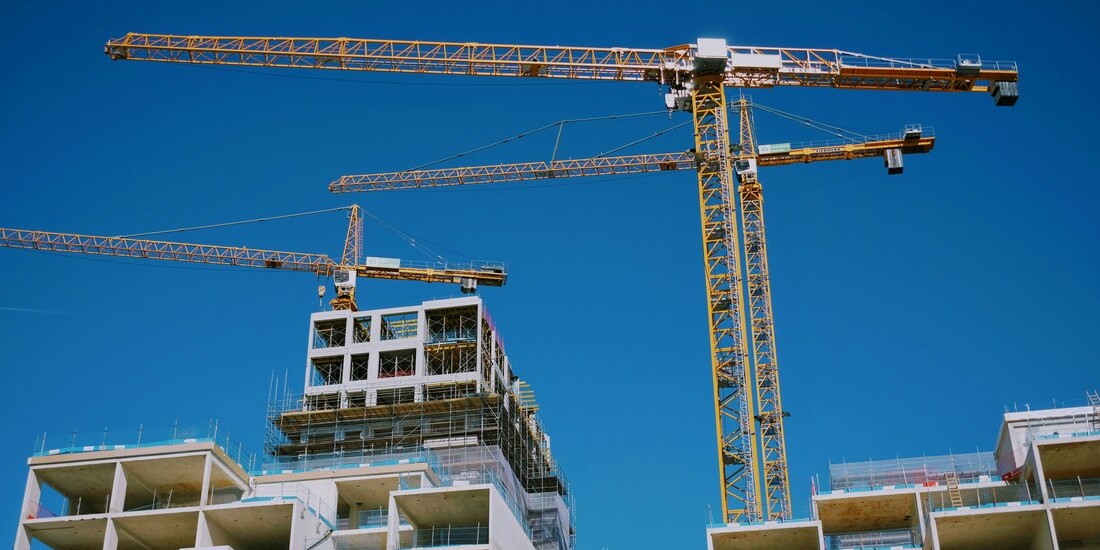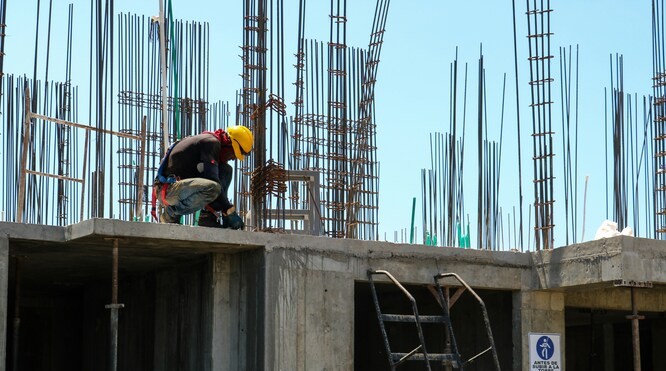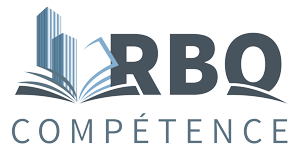What is an RBQ guarantor? Understanding the role and obligations of the guarantor responsible for the license required to operate in Quebec’s construction industry.
Everything you need to know about the guarantor
Obtaining a license from the Régie du bâtiment du Québec (RBQ) is essential for any company wishing to operate legally in the construction industry in Québec. This license confirms the company’s ability to carry out work in accordance with current safety, quality, and management standards. However, in order to hold this license, a business must designate a “guarantor.”
This role is crucial, as the guarantor alone represents the technical and administrative competence of the company in the eyes of the RBQ. So, what exactly does this role involve? Who can become a guarantor? Can one person serve as a guarantor for multiple businesses at once? Let’s dive into these questions.
🧑🔧 What Is an RBQ Guarantor?
The RBQ guarantor is a natural person designated by a business to demonstrate that it possesses the required competencies to perform construction work under one or more license subclasses. This individual must either pass the RBQ evaluations or complete a recognized training program and is officially listed in the company’s file as the point of reference. They serve as the guarantor of regulatory and technical compliance and are also responsible for ensuring that all operations—both administrative and on-site—are carried out in accordance with standards.
🏗️ Why Does the RBQ Require a Guarantor?
By requiring a guarantor, the RBQ ensures that contractors in the construction sector have the minimum skills necessary to carry out work safely, professionally, and in a structured manner. These build trust with the public, clients, and other stakeholders. Without a designated guarantor, a company cannot obtain or retain an RBQ license. The requirement helps prevent fraud, abuse, and accidents, and aims to eliminate questionable practices such as fronting or companies lacking real expertise.
📚 Required Areas of Expertise and Competency Assessment
To qualify as a guarantor for a specialized contractor’s license, one must demonstrate proficiency in the following areas:
- Administration – Tax management, financial oversight, legal responsibilities
- Worksite Safety Management – Implementation of health and safety rules, compliance with workplace laws
- Project and Worksite Management – Coordination, timeline adherence, supervision
If applying for a license involving subclasses from Appendix II or for a general contractor’s license, a fourth area is required:
- Execution of Works – Construction techniques and quality standards
There are three main ways to become a guarantor:
- By passing the RBQ exams
- Through recognized training
- Via acknowledgment of relevant professional experience
Each path requires formal proof of competency in the required areas based on the selected license subclasses. If opting for recognition of experience, expect a processing time of over two years.
👥 Who Can Be a Guarantor?
Under RBQ regulations, a company may appoint as its guarantor:
- A sole proprietor
- An active executive or administrator in a corporation
- A shareholder holding at least 10% of voting rights
- A full-time manager or senior employee
You don’t need to be the owner or founder—active involvement in management or operations is key. The guarantor must also be of legal age (18+), with a clean record (no recent convictions for fraud or criminal activity).
🧩 Responsibilities of a Guarantor
1. Active Involvement
A guarantor cannot be a figurehead. They must be consistently involved in the company’s operations. This means direct participation in decision-making, planning, supervision, or execution of the work.
2. Compliance and Integrity
The guarantor is responsible for:
- Ensuring compliance with laws, codes, and regulations applicable to the company
- Guaranteeing that worksites are safe and meet standards
- Preventing violations or administrative errors
- Notifying the RBQ without delay in the event of changes to their situation (departure, withdrawal, or death)
3. Specific Areas of Responsibility
Administration
The guarantor must ensure the company pays its licensing fees, maintains its active bond, fulfills its tax obligations (GST, QST, payroll deductions), and displays its license clearly.
Worksite Safety
They make sure the company is registered with the CNESST, has an up-to-date prevention program, and complies with the Worksite Safety Code.
Project Management
They handle project planning, contract management, cost control, and ensure the compliance of all processes.
Work Execution
They oversee the quality of construction techniques used, interpret blueprints, and coordinate daily operations.
🚪 Departure or Death of a Guarantor: What Happens?
Voluntary Departure
When a guarantor voluntarily leaves their role, the company must immediately notify the RBQ. It then has a 90-day period to appoint a new guarantor. If this deadline is not met, the relevant license or subclasses may be automatically suspended or revoked.
Death
In the event of a guarantor’s death, the company must notify the RBQ within 30 days. It is then granted a longer window—120 days—to appoint a replacement.
It’s therefore crucial that companies have a succession plan, especially when the guarantor is the only person qualified for specific critical work categories.
🏢 Can Someone Be a Guarantor for Multiple Companies?
Yes—but only if certain conditions are met. The guarantor must:
- Be a shareholder holding at least 50% shares in each of the businesses involved
- Not have waived their voting rights in any of them
- Be genuinely involved in all of them, demonstrating they have the time, resources, and skill to manage each simultaneously
The companies must also be related (e.g., subsidiaries or affiliated entities) or share a unique, temporary project that justifies a common guarantor.
There are several configurations of business structures that allow for the same guarantor across multiple companies—but each situation requires a case-by-case analysis.
🎓 Continuing Education
Since the law was updated, the RBQ requires all guarantors—especially those qualified for the execution of works—to complete mandatory continuing education. These hours must be completed within a two-year period, or the individual will lose the right to act as a guarantor. This requirement ensures that professionals maintain up-to-date competence as the industry evolves.
🏛️ Sanctions for Non-compliance
A guarantor who fails to meet their obligations may face several consequences:
- Suspension or cancellation of the company’s license
- A ban from serving as a guarantor for up to 3 years
- Significant fines for both the company and the individual
- Listing in the sanctions registry if a serious infraction occurs
These penalties are designed to uphold safety and quality standards in the construction industry.
❓ Why Become a Guarantor?
Being a guarantor is not just a marker of skill—it’s a professional commitment. It represents:
- A prerequisite for a company to obtain a license
- A symbol of credibility in the eyes of clients, partners, and institutions
- A way to showcase one’s expertise within the industry
- An opportunity to serve as a strategic decision-maker across one or more businesses
- A potentially paid role, especially if the guarantor acts as a consultant or support for multiple companies
➡️ Legal Timeline Summary
| Situation | RBQ Notification | Replacement Required |
| Voluntary Departure | Immediate | Within 90 days |
| Death | Within 30 days | Within 120 days |
✅ In Conclusion
The RBQ guarantor is far more than an administrative checkbox. They’re a key figure—ensuring the company’s competence, ethics, and regulatory compliance. Whether they’re an employee, director, or shareholder, their role must be genuine, active, and ongoing.
Becoming a guarantor means carrying the reputation and legitimacy of a company on your shoulders. It also means staying current, acting with integrity, and embodying the professionalism that the RBQ is committed to preserving.



